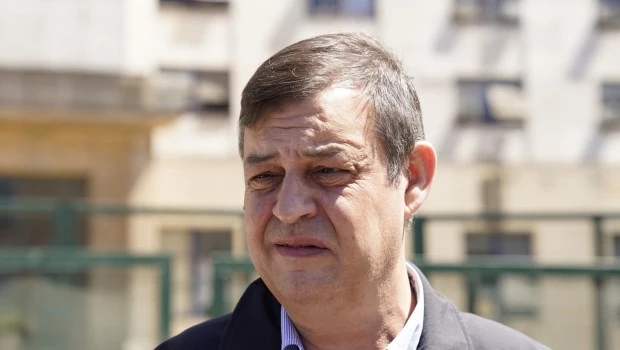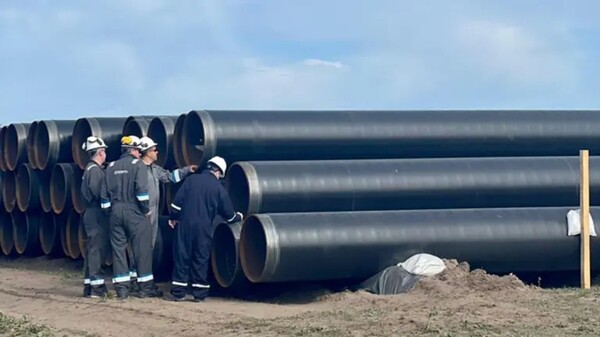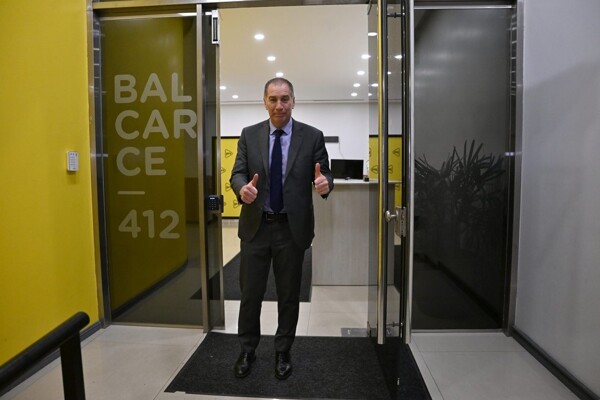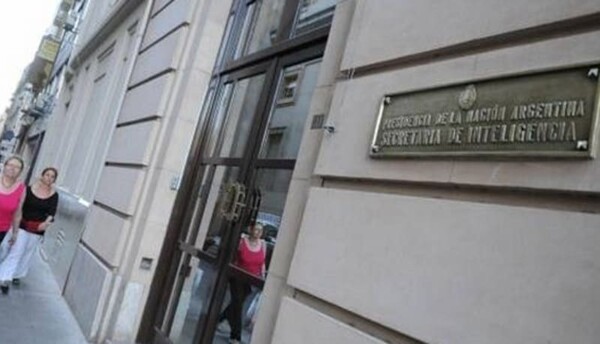
Buenos Aires, November 7, 2025 – Total News Agency-TNA-Attorney Roberto Herrera, representative of the former Kirchners' accountant, Víctor Manzanares, revealed details about his client's attitude during the judicial process of the Notebooks case, one of the most significant corruption investigations in Argentine history. Subsequently, Manzanares was transferred and gave extended statements that, according to his lawyer, contained verifiable data about the financial maneuvers of Daniel Muñoz, former private secretary of Néstor and Cristina Kirchner. The lawyer maintained that his client “delivered information that the Justice did not know existed” and that his contributions were decisive in reconstructing the structure of the illicit money circuit linked to public works. His testimony is considered one of the most relevant in the Notebooks case, which investigates a network of bribes and money laundering between businessmen and public officials during the governments of Néstor and Cristina Kirchner. The lawyer's statements also reactivate expectations regarding the future of the legal proceedings, currently in a final review stage before the oral trial. As explained, the former accountant had refused to request release on bail at the time, despite having favorable conditions to do so, and decided to fully cooperate with the Justice as a repentant individual, providing information and unpublished documentation. Herrera recalled that Manzanares's decision to adhere to the regime for repentants “took a long time” and that it was the accountant himself who initiated contact with the prosecutor's office of Carlos Stornelli. According to Herrera, it was necessary to convince him that his imprisonment was legally unjustifiable, given that his implication was limited to “having sent an email.” Herrera's account reinforces the image of a repentant person who, after holding a central position in the Kirchnerist financial structure, chose to break the silence and collaborate with the Justice. One of the most striking aspects of his behavior was his refusal at that time to process release on bail. “He told me he had to pay his penalty,” the lawyer recounted, highlighting Manzanares's deeply Catholic character and his conviction that he had to assume the consequences of his actions. “He explained how the money was laundered.” “In November, there was a first attempt, where even Stornelli did not know the amount of information he had,” indicated the lawyer. The information provided by Manzanares allowed for documenting money movements, properties, and operations abroad linked to Daniel Muñoz and other figures in the plot. For the investigators, his testimony was crucial to understanding the magnitude of the diversions and the political connections that sustained the illegal collection system. The act of refusing to ask for his freedom when he could have done so and choosing to collaborate with the prosecutors is interpreted in the courts as an act of self-incrimination with moral and legal value.














